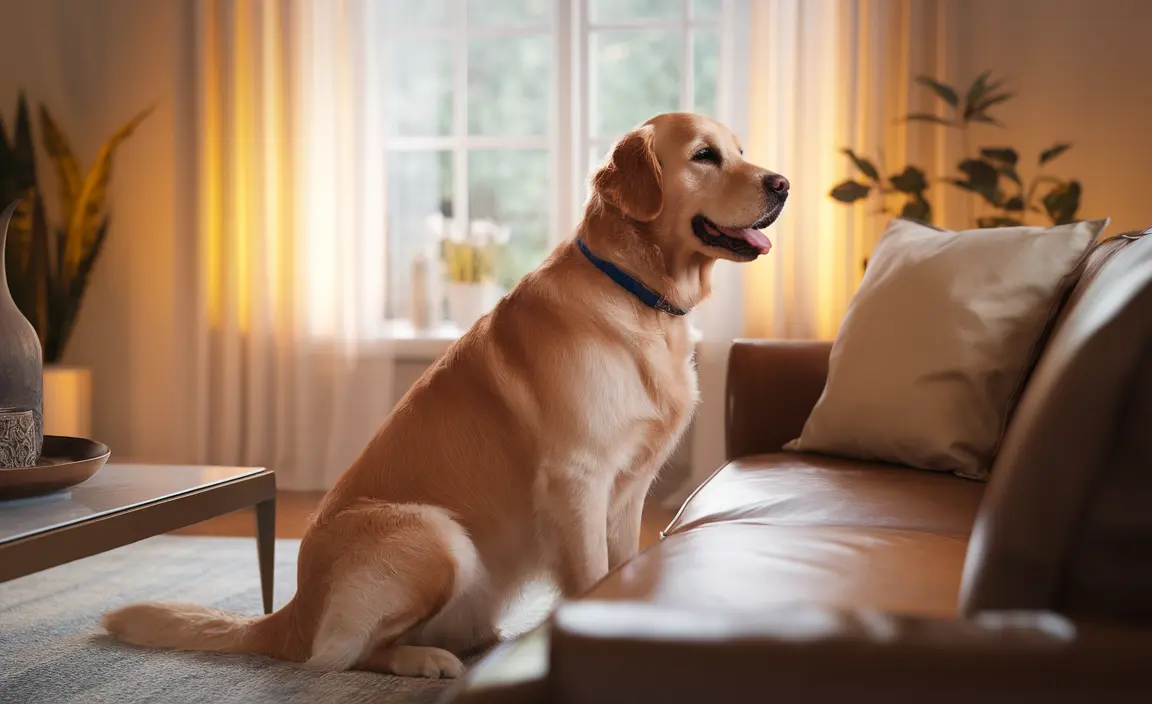As dog owners, we often express our love through human gestures like kissing, but have you ever wondered if your furry friend actually enjoys these displays of affection? Understanding how dogs perceive and respond to kisses can help strengthen the bond between you and your canine companion while respecting their personal boundaries.
Dogs communicate and show love differently than humans, which means what feels natural to us might not always be comfortable for them. Let's explore the nuanced world of canine communication and affection.
Do Dogs Like Kisses? Understanding Canine Perception
Contrary to popular belief, dogs do not naturally understand human kisses as a sign of affection. In the canine world, face-to-face contact can actually be perceived as threatening or aggressive. While some dogs may learn to tolerate or even enjoy kisses over time, it's crucial to recognize that each dog has unique preferences and comfort levels.
How Dogs Interpret Human Kisses
Dogs primarily communicate through body language and physical signals. When a human gets close to a dog's face to kiss them, this can trigger stress responses or feelings of discomfort. Some dogs might:
- Turn away to avoid direct contact
- Show subtle stress signals like lip licking
- Display "whale eye" (showing the whites of their eyes)
- Become stiff or tense
Signs Your Dog Might Not Enjoy Kisses
Learning to read your dog's body language is essential in understanding their comfort level with physical affection. Some clear indicators that your dog might not appreciate kisses include:
Body Language Red Flags
- Turning head away
- Pulling back or leaning away
- Showing signs of tension
- Flattening ears
- Avoiding eye contact
- Displaying defensive postures
Positive Approaches to Showing Canine Affection
Instead of forcing kisses, consider alternative ways to show your dog love that align with their natural communication style:
Dog-Friendly Affection Techniques
- Gentle chest or back scratches
- Verbal praise with an enthusiastic tone
- Offering treats as positive reinforcement
- Playing their favorite games
- Respecting their personal space
Building Positive Associations
Some dogs can learn to associate kisses with positive experiences if the interaction is gradual and accompanied by rewards. However, this should never be forced, and you must always pay attention to your dog's comfort level.
Frequently Asked Questions
Do dogs like being kissed by their owners?
Many dogs tolerate kisses but don't necessarily enjoy them. Individual preferences vary widely based on the dog's personality and past experiences.
Why do some dogs seem to enjoy human kisses while others don't?
Dogs' reactions depend on their socialization, individual temperament, and previous interactions with humans. Some dogs are more tolerant of close contact than others.
How can I tell if my dog is uncomfortable with being kissed?
Watch for stress signals like turning away, lip licking, stiffening, or avoiding eye contact. These are clear indications your dog feels uncomfortable.
Can dogs learn to associate human kisses with positive experiences?
Yes, with patient, gradual introduction and positive reinforcement like treats and calm praise, some dogs can become more comfortable with kisses.
What alternative ways can I show affection to my dog if they don't like kisses?
Offer gentle pets, play interactive games, use verbal praise, give treats, and respect their personal space. Each dog appreciates affection differently.
Understanding and respecting your dog's unique communication style is the key to a strong, loving relationship. By paying attention to their comfort and preferences, you can build a deep bond that honors both human and canine ways of showing love.






